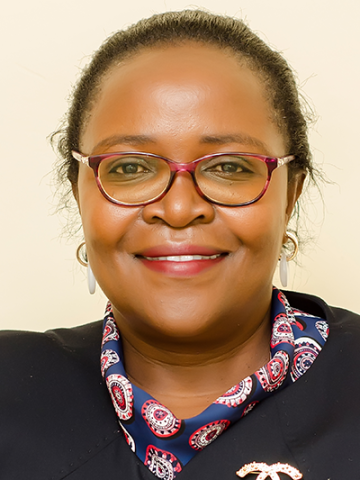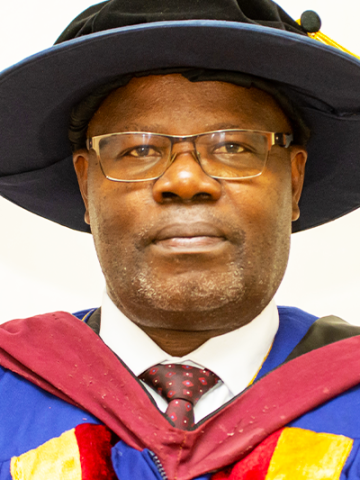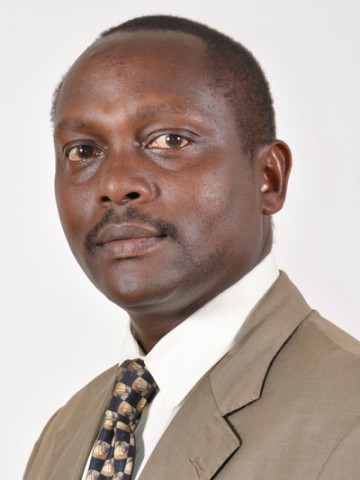In the last few years the university has made major investments in the ICT Directorate which have in turn resulted in great improvements in the quality of service delivery. These have been guided largely by the Directorate’s five year strategic plan and also the ICT policies. In line with this, the Directorate has continued to offer trainings to equip staff with various ICT skills.
The University has also placed major emphasis on ICT infrastructure development such as expansion of the local area network (LAN) within the university whose coverage now stands at over 95%, as well as overseeing the connection of the Eldoret town campus with internet and the Enterprise Resource Planning (ERP) system. Plans are at an advanced stage to roll out online receipting which is expected to improve significantly on fees collection, while at the same time improving the quality service delivery to students.
Since the year 2013 when the university was fully chartered, it has progressively improved on provision of computers and other ICT equipment to support teaching and research activities. It has so far procured a total of 293 Desktop computers and 34 laptops to supplement the existing ones among other ICT equipment.
Due to the critical role played by internet access, the university has progressively increased its internet bandwidth from 15Mega bites per second in 2013 to 102Mega bites per second currently, thereby allowing staff and students to access online materials. Currently, the university has a total of 18 wireless hotspots, and these have seen research output increase as well as quality of teaching.
The university website continues to be very important and strategic in communication and in an independent survey carried out within a period of one and half months in the financial year 2015/16, there were 8 million hits by different users and viewers looking for services and information. Through the university website, the ranking of the university in major international and local rankings has been improving progressively.
The University started the process of automation in 2014, as a way of improving quality of service and cutting down on cost, by acquiring an ERP system. So far, more than 95% of all services and operations offered within the University have been fully automated, including those in the Academics division, Finance, Procurement, Human Resources, Library, Payroll, and accommodation among others. Other sections that have been automated in the last financial year include timetabling, health services, catering services, and the installation of an SMS module for ease of communication between the university and its stakeholders who are mostly students and staff. These efforts have seen the time of completing important tasks such as the admission of first-year students (~3000 admitted in the 2023/24 academic year) being completed in 2 days instead of over one week previously, in a process that was conducted manually. Students are also able to register for their courses online and also access their fee statements online. This will continue to be supported by a fiber optic cable that has been installed within the University by Safaricom. Similarly, members of staff are able to access their pay slips online while the university communicates regularly to students and staff via their respective online portals.
In order to improve safety and security, the university has installed a total of 42 CCTV surveillance cameras with night vision capabilities in the 2016/17 financial year. This complemented the 16 CCTV surveillance cameras that were installed in the Administration building in the 2014/15 financial year.
The ICT Directorate has also come up with some innovations for ease of doing business such as online staff support, online requests of items from the central stores, online complaints and corruption reporting as well as online student reporting. Other innovations geared towards improving service delivery that will soon be rolled out include online application of university accommodation by students and online leave application by members of staff. Over 70% of the students have already been issued with smart cards for identification and banking services through a partnership with equity bank.
The ICT Directorate continues to work very closely with management, staff, and students in order to advise and support their innovations as well as supporting other sections of the university in service delivery.

Dr. Francis M. Kwale
Director, Directorate of Information and Communication Technology
View Profile
Contacts
University of Eldoret,
P.O. Box 1125-30100,
Eldoret, Kenya.Email: ictdirector@uoeld.ac.ke




